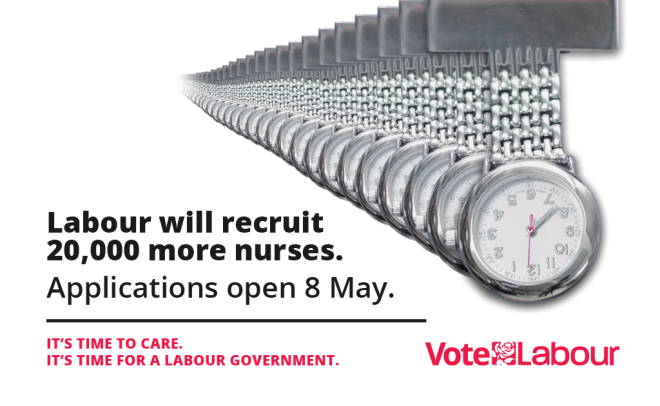The first image conjured up by Dickens in Great Expectations is of the main character, Pip, at his parents’ grave, imagining what they were like based upon the inscriptions and the shapes of the letters on their tombstone. If future Labour party campaign managers were to look solely at Ed Miliband’s pledge stone when judging their predecessors, I suspect they would not form a favourable opinion.
Metaphors
Politicians love a metaphor. Other than avoiding answering a question entirely, metaphors are their favourite rhetorical tool. They constantly talk of “paying off the credit card bill” or “fixing the roof while the sun shines”. Taking big concepts and communicating them clearly and simply is essential in getting your message across. Businesses should learn from this.
Ed’s stone, however is a cautionary tale. By having his pledges carved in stone Ed Miliband has made his metaphor too literal. Like almost all metaphors, when taken literally, they fall apart. Having pledges etched into stone is a grand gesture that screams, “trust me!” And one of the first things most copywriters learn is that when you tell people to trust you, they tend to be wary.
Messaging
The message implied by the gesture is terrible, but it’s made worse by the words used. The language is vague and the pledges are subjective. When Moses came down from Mount Sinai, he did so with Commandments that were simple, mainly objective and bold. You know exactly where you are with “Thou shalt not kill”, however, “Controls on immigration” isn’t exactly a zinger.
The use of vague language is inexcusable when we know that Labour’s campaign team can do better. In fact, they have done much better in this election. Just two weeks ago they released this poster stating that Labour would recruit 20,000 more nurses:

It’s a clear, direct and objective pledge. People understand it and it can be measured. Somehow, this boldness got watered down when it came to chiselling some words into stone. It was changed to the nice but prosaic “An NHS with the time to care”. Who cares for people in hospitals? Nurses. What do you need more of if you want people to feel they’re getting good care? Nurses. So why not go with the clear pledge? It’s on a poster and has been shared across the web. It’s already out there. Reiterate it.
Businesses can take two lessons about communicating effectively from this campaign blunder: don’t stretch metaphors too far; and be clear and direct because vague messages just blend into the ether.
This article was originally published at evolvinginfluence.co.uk.